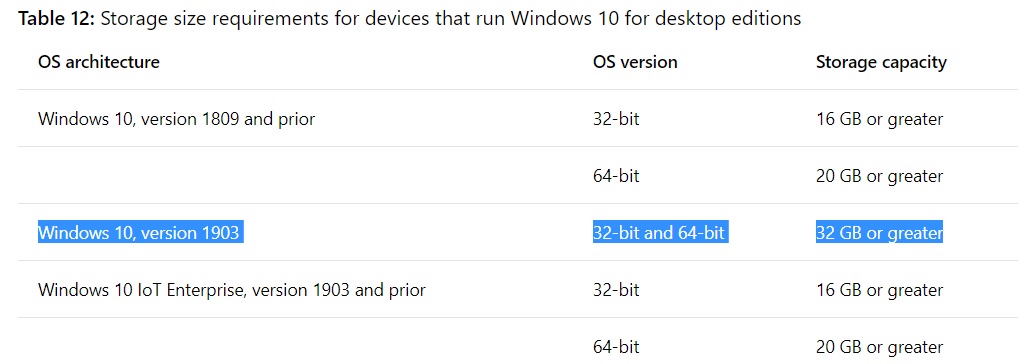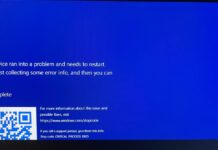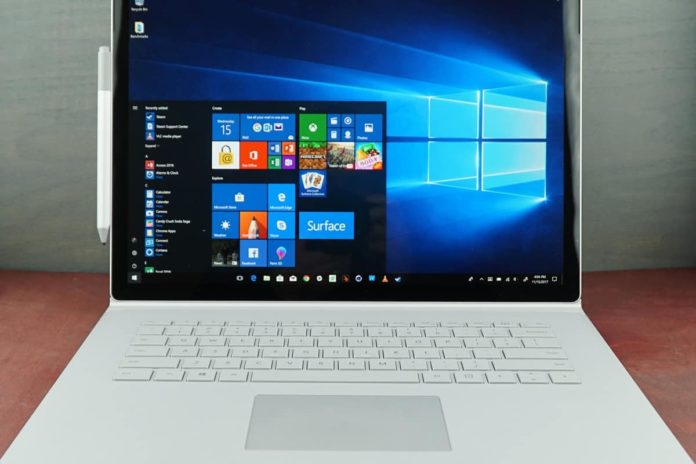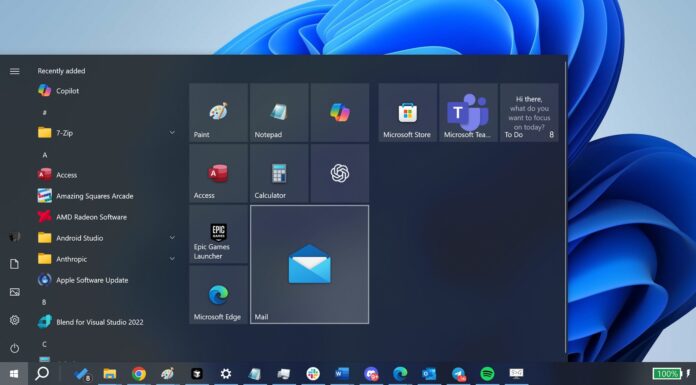Windows 10 May 2019 Update is scheduled to go live in late May and Microsoft is updating its support documents with new information. Recently, Microsoft published the list of processors supported in the Windows 10 May 2019 Update and minimum storage requirements.
The list of supported processors has remained unchanged and the devices that received Windows 10 October 2018 Update are also eligible for Windows 10 May 2019 Update.
Microsoft says the following chips are supported by Windows 10 version 1903:
- Up through the 9th Generation Intel Processors (Intel Core i3/i5/i7/i9-9xxxK).
- Up through the Intel Xeon E-21xx, Intel Atom (J4xxx/J5xxx and N4xxx/N5xxx), Celeron and Pentium Processors.
- Up through the AMD 7th Generation Processors (A-Series Ax-9xxx & E-Series Ex-9xxx & FX-9xxx); AMD Athlon 2xx processors, AMD Ryzen 3/5/7 2xxx, AMD Opteron and AMD EPYC 7xxx.
As you can see, Microsoft hasn’t included any changes from the previous release. Modern and as well the old processors are supported by Windows 10 May 2019 Update. If your computer is powered by any of the aforementioned CPU, you’re eligible for the upgrade.
Storage requirements
In support doc, Microsoft says Windows 10 May 2019 Update requires devices to have at least 32GB of storage support.
Microsoft will require PC makers to include at least 32GB of storage space on their devices to run Windows 10 May 2019 Update. Previously, Windows 10 version 1809 (October 2019 Update) required devices to have at least 16GB space for the 32-bit operating system and 20GB for 64-bit.

For better performance and operations, Microsoft has updated the minimum storage requirements to at least 32GB. This would mean that the new Windows 10 devices will have at least 32GB of storage space.






















